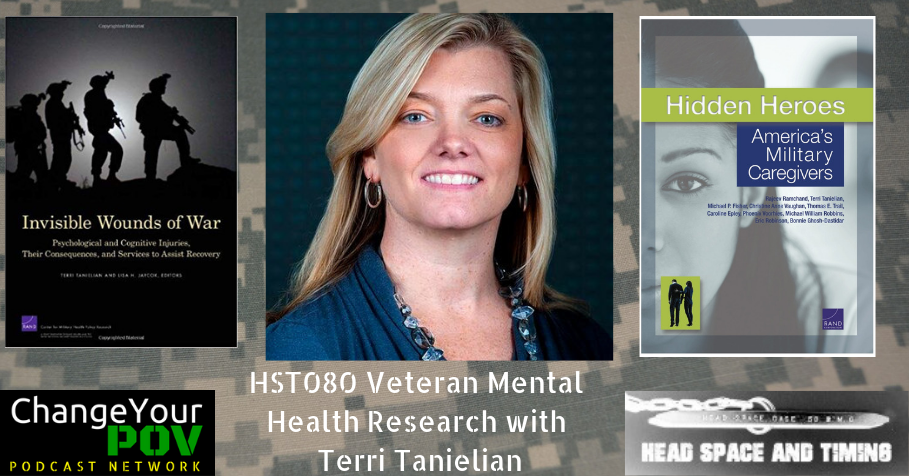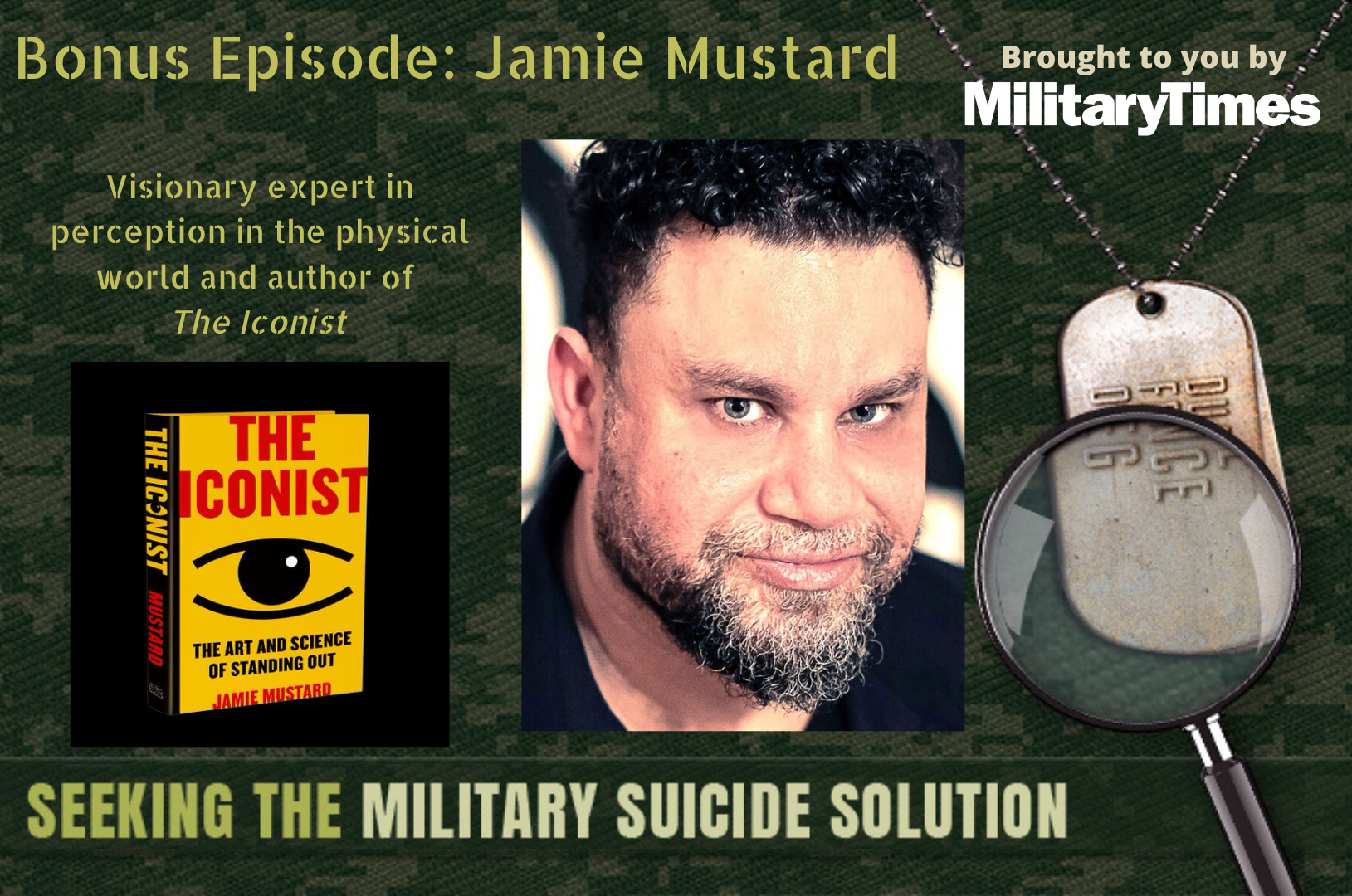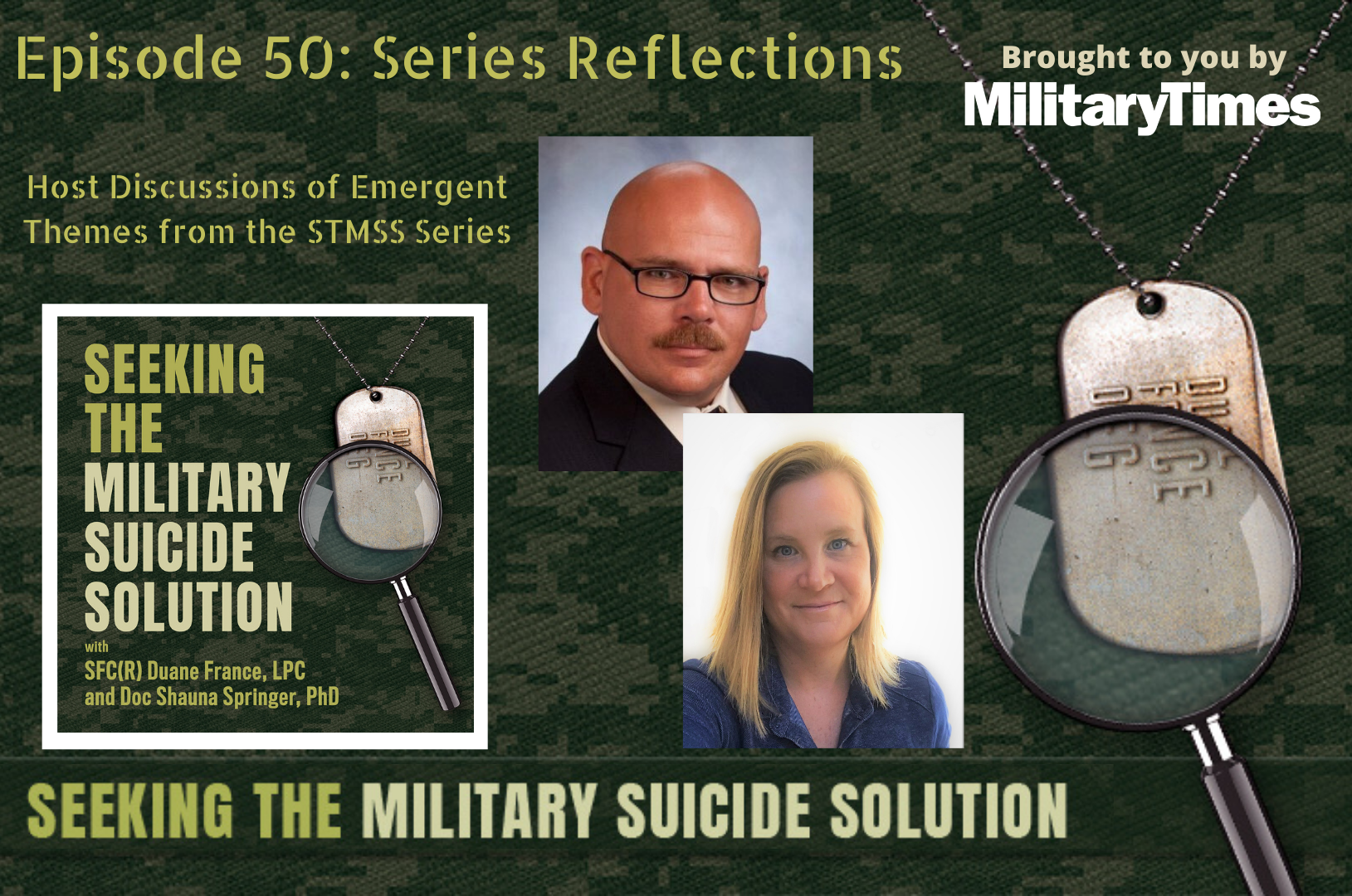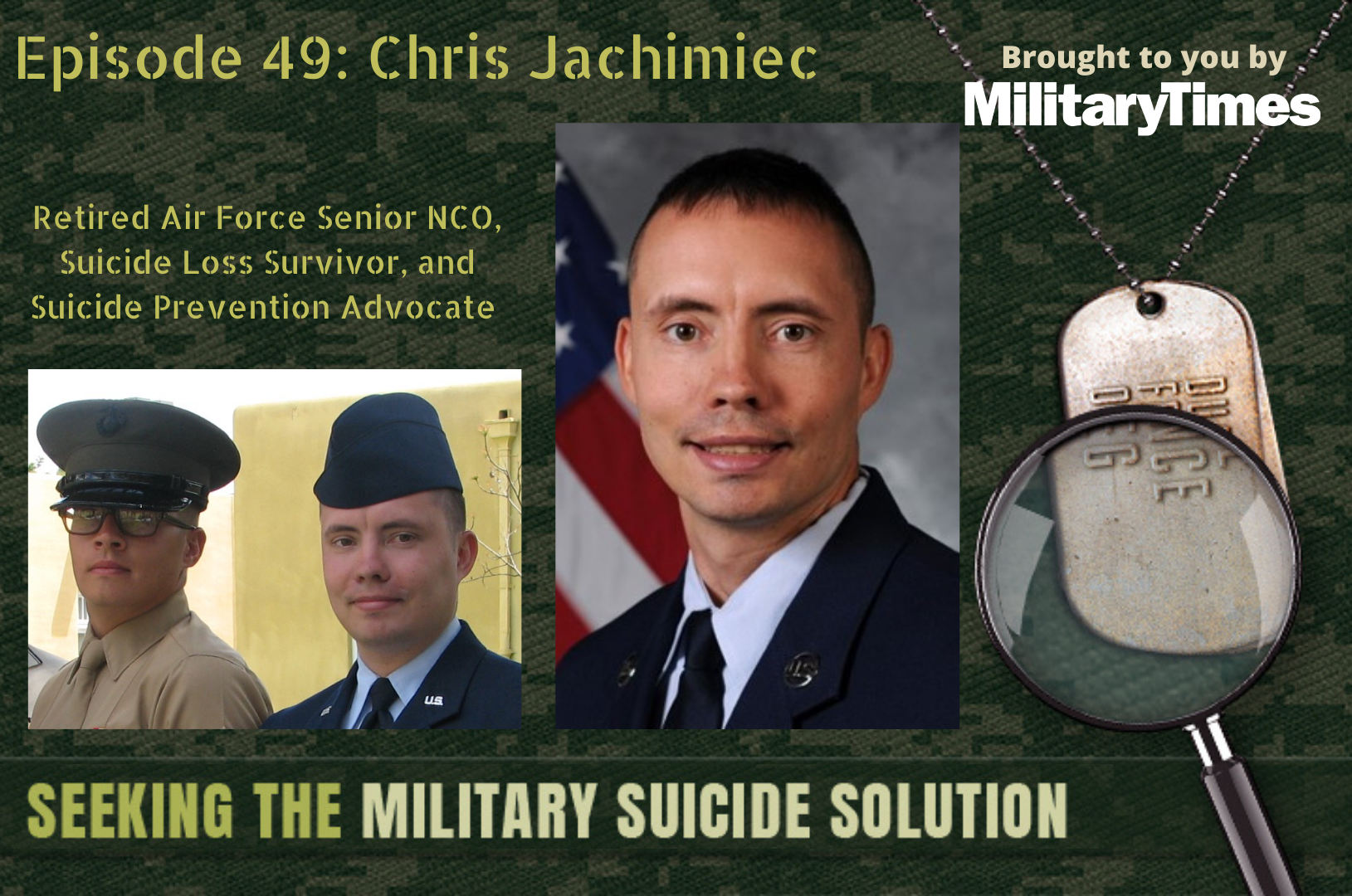
Summary:
Terri Tanielian is a senior behavioral scientist and a nationally recognized expert on veteran mental health. Her areas of interest include military and veterans health policy; military suicide; military sexual assault; psychological effects of combat, terrorism, and disasters. She has led multiple studies to assess the needs of veterans and to examine the readiness of private healthcare providers to deliver timely, high quality care to veterans and their families. She has also examined community based models for expanding mental health care for returning veterans and their families.
As the former director of the RAND Center for Military Health Policy Research, she spent a decade overseeing RAND’s diverse military health research portfolio. She was the co–study director for a large, non-governmental assessment of the psychological, emotional, and cognitive consequences of deployment to Iraq and Afghanistan entitled Invisible Wounds of War: Psychological and Cognitive Injuries, Their Consequences, and Services to Assist Recovery. She was also the co-director for RAND’s study Hidden Heroes: America’s Military Caregivers, the first representative study of military caregiving in the United States.
Tanielian has published numerous peer-reviewed articles and reports. She was a member of the planning committee for the 18th, 22nd, and 26th Annual Rosalynn Carter Symposium on Mental Health Policy, which focused on mental health needs and recovery following September 11, Hurricane Katrina, and deployment to Iraq and Afghanistan, respectively. She serves on the National Academy of Medicine’s Standing Committee on Health Threats and Resilience. She earned her M.A. in psychology from American University.
In This Particular Episode You Will Learn:
- Terri’s background and research experience
- Research focusing on Gulf War veterans versus Post 9/11 veterans
- Research on connectivity and communication with the homefront while deployed
- Research supporting understanding health and wellness in transitions
- Late onset PTSD
- Impact of service on military families
- Cultural competence in community care providers
Links Mentioned in This Episode:
Terri’s Email Address: TerriT@rand.org
Rand publications on military, veteran, and family member mental health

Want to keep up with all of the Head Space and Timing content? Subscribe Here
You can be sure to find future episodes of Head Space and Timing by subscribing through your Podcast player of choice, like iTunes. Make sure to leave a review…see how here
Using an app makes subscribing and listening to podcasts (both ours and others) so much simpler. Just subscribe to Head Space and Timing within your app and it will automatically update every time a new episode is released. You can also find all of the podcast players here.
Do you want to check out Duane’s latest book, Combat Vet Don’t Mean Crazy? Check it out by finding it on Amazon.



1 Comment
Arturo Wiscovitch · October 24, 2018 at 6:20 am
The struggle for successful veteran mental health treatment and availability is an issue that has been at the forefront of the veteran community for quite some time. Increasing screening methods as most only focus on the main symptoms rather than the sub threshold symptoms which can hinder that ability of functioning in daily life (Bloeser, MCCarron, Batorsky, Reinhar, Pollack & Amdur, 2014) should be a main goal within the health care administration. Reducing the variation of screening tests from many to a standardized, in depth version would greatly increase the detection of these symptoms, but also the effectiveness of a correct diagnosis. The quality and timeframe of the treatments options are also an issue that needs to be revamped; veterans do not benefit from the same treatment options that the civilian population struggling with mental health does (Haagen, 2017). The availability of treatment options, while increasing in quality over that past few years with the Veterans Choice Act, still leaves something to be desired. Wait times can still be substantially long for certain appointments, whether waiting for the VA or their approval for a private facility. While funding is always an issue when dealing with improving government programs, options are available. The legalization of marijuana and/or the reduction in funding of certain programs could be a solution to getting the much needed monetary support for increasing the effectiveness of the VA health care system.
References
Bloeser, K., McCarron, K., Batorsky, B., Reinhard, M., Pollack, S., & Amdur, R. (2014) Mental Health Outreach
and Screening Among Returning Veterans
Retrieved from http://web.a.ebscohost.com.csuglobal.idm.oclc.org/ehost/pdfviewer/
pdfviewer?vid=1&sid=7f8d8416-8cd3-4682-857a-14ade1d11e41%40ses
Haagen, J. F. G. (2017) Setting the Stage for Recovery: Improving Veteran PTSD Treatment Effectiveness
Using Statistical Prediction
Retrieved from https://dspace.library.uu.nl/handle/1874/355276
Comments are closed.